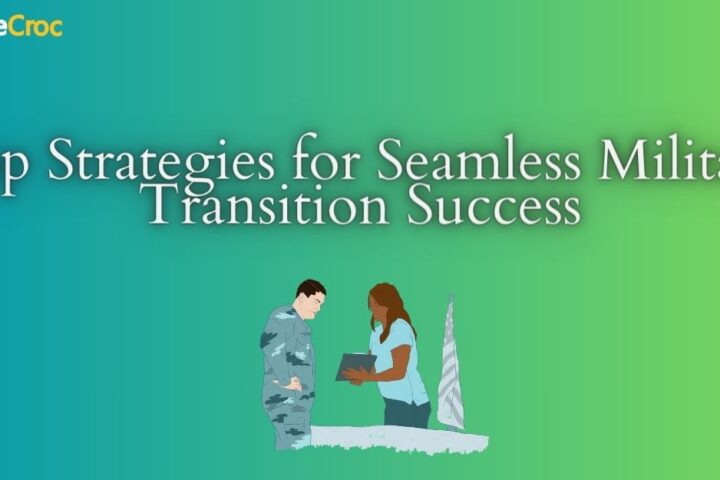Military Transition to civilian life can be a challenging process for veterans. As they leave behind the structured environment of the military, they often face uncertainty and unfamiliarity in the civilian world. However, with the right strategies and support, veterans can navigate this transition successfully. In this article, we will discuss the top strategies for seamless military transition specialist success, focusing on leveraging military skills, utilizing resources, networking, seeking mentorship, and continuous learning.
1. Leveraging Military Skills and Experiences
One of the key advantages that veterans have is their valuable skills and experiences gained during their military service. These skills, such as leadership, teamwork, problem-solving, and adaptability, are highly transferable to civilian roles. Veterans should identify how these skills align with the requirements of civilian jobs and effectively communicate them in their resumes and interviews.
2. Utilizing Available Resources
There are various resources available to help veterans transition into civilian life. These include career counseling services, job placement programs, educational opportunities, and financial assistance programs. Veterans should take advantage of these resources to explore different career paths, acquire new skills, and secure stable employment.
3. Networking and Building Connections
Networking is crucial for a successful military transition. Veterans should attend networking events, job fairs, and industry conferences to expand their professional network. Building connections with professionals in their desired field can lead to valuable job opportunities and career advancement.
4. Seeking Mentorship and Guidance
Having a mentor can greatly benefit veterans during their transition. A mentor can provide valuable insights, advice, and support based on their own experiences. Veterans should seek out mentors who can help them navigate the challenges of transitioning into civilian life and achieve their career goals.
5. Continuous Learning and Development
The transition from military to civilian life is not just about finding a job; it’s also about personal and professional growth. Veterans should continue to learn and develop new skills that are relevant to their desired career path. This can include taking online courses, attending workshops, or pursuing higher education.
conclusion
In conclusion, transitioning from military to civilian life is a significant life change for veterans, but it can be made smoother with the right strategies. By leveraging their military skills, utilizing available resources, networking, seeking mentorship, and continuous learning, veterans can successfully transition into civilian roles and achieve their career goals.
Frequently Asked Questions (FAQs)
Q1: What is a military transition specialist?
A1: A military transition specialist is a professional who helps veterans transition from military to civilian life by providing guidance, resources, and support tailored to their individual needs.
Q2: How can veterans leverage their military skills in civilian jobs?
A2: Veterans can leverage their military skills by identifying transferable skills, such as leadership, teamwork, and problem-solving, and showcasing them in their resumes and interviews.
Q3: Why is networking important for veterans during their transition?
A3: Networking is important for veterans during their transition because it can lead to job opportunities, mentorship, and professional development.
Q4: What are some common challenges faced by veterans during their transition?
A4: Some common challenges faced by veterans during their transition include translating military experience to civilian terms, adjusting to civilian work culture, and finding meaningful employment.
Q5: How can veterans continue their education and development after leaving the military?
A5: Veterans can continue their education and development by taking advantage of educational benefits, such as the GI Bill, and pursuing certifications, licenses, or degrees that are relevant to their desired career path.

















